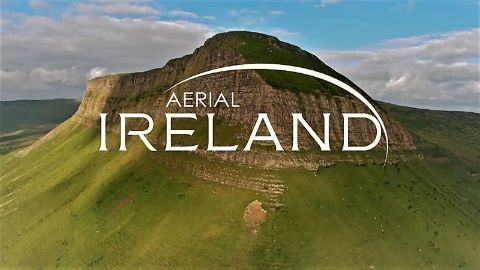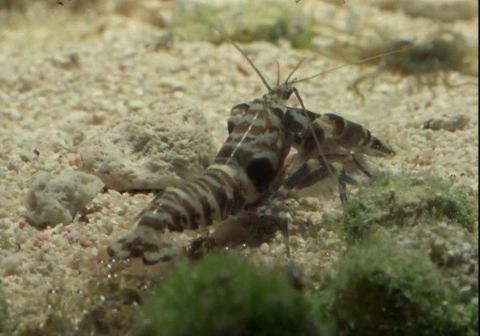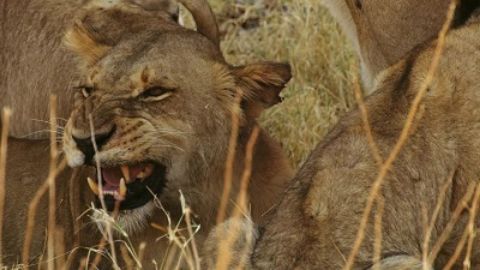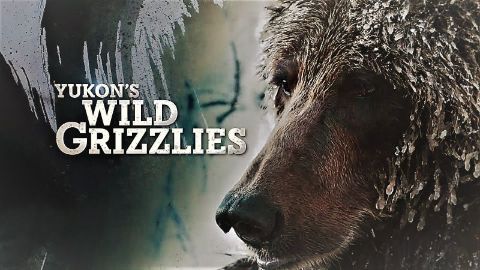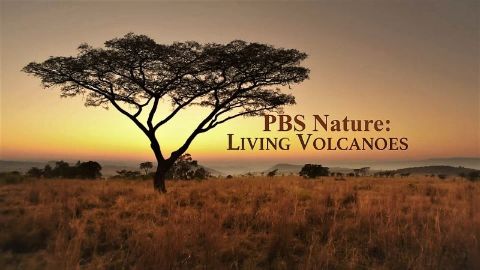Wild Antarctica • 2017
Antarctica is the most remote and pristine wilderness on the planet. , It is a timeless and harsh land like no other. Night here can last three months and in the peak of summer the sun never sets. To understand how life can exist in this continent of snow and icebergs you must spend a year there. You discover that despite being the least habitable place on Earth, life abounds in Antarctica. Megafauna such as humpback whales and orca, massive seals and stately penguins all take the brutal conditions head on and thrive in this year on ice.
Make a donation
Buy a brother a hot coffee? Or a cold beer?
Hope you're finding these documentaries fascinating and eye-opening. It's just me, working hard behind the scenes to bring you this enriching content.
Running and maintaining a website like this takes time and resources. That's why I'm reaching out to you. If you appreciate what I do and would like to support my efforts, would you consider "buying me a coffee"?
Donation addresses
BTC: bc1q8ldskxh4x9qnddhcrgcun8rtvddeldm2a07r2v
ETH: 0x5CCAAA1afc5c5D814129d99277dDb5A979672116
With your donation through , you can show your appreciation and help me keep this project going. Every contribution, no matter how small, makes a significant impact. It goes directly towards covering server costs.
